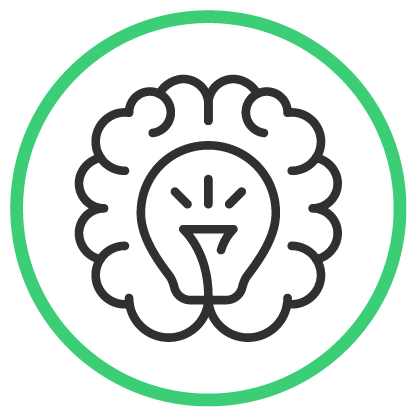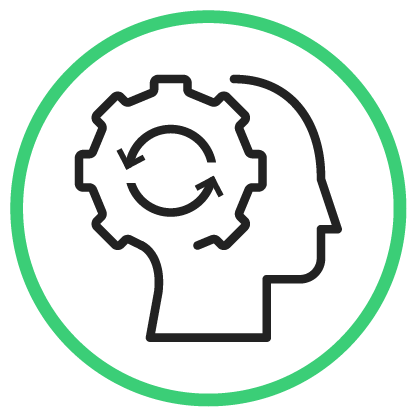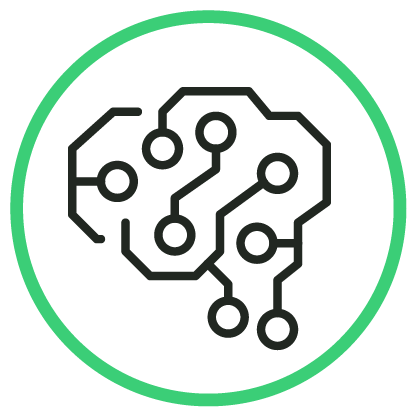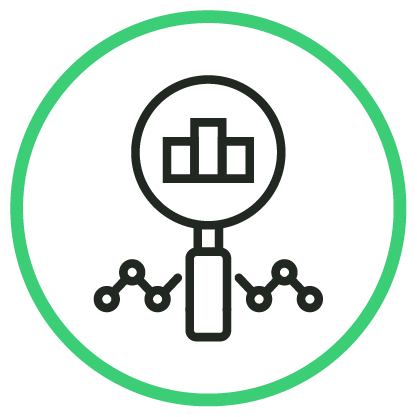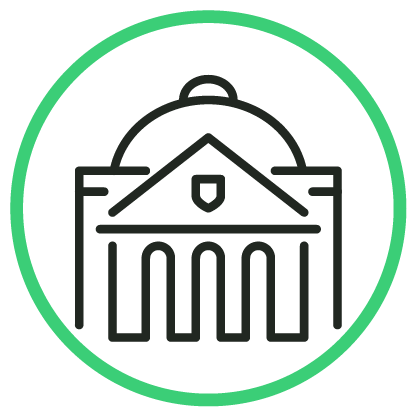The Impact
The California Competency-Based Education Collaborative
In 2025, the California Community College Chancellor’s Office with the support of Jobs for the Future, released a blueprint for developing direct assessment competency-based education (CBE) programs. This resource builds on the work of the California Competency-Based Education Collaborative, a cohort of eight institutions tasked with launching the state’s first direct assessment CBE programs. For more than four years, JFF served as a strategic learning partner, advisor, and designer for the collaborative. In that role, we facilitated the development of dynamic learning experiences, a robust online CBE course series, a customized digital knowledge hub, and technical assistance to support implementation.
Project ACCESS: Accelerating Career Connections and Employment Success Strategies
JFF and The PwC Foundation are collaborating to support a cohort of 10 exemplary public community and technical colleges in accelerating innovative programs aligned with a variety of strategies, including work-based learning and short-term credentials that lead to paid employment. The goal is to serve all learners and to close outcomes gaps for learners who face barriers in education and workforce systems, including Black and Latine learners, women of all backgrounds, learners from low-income backgrounds, and first-generation college students.


